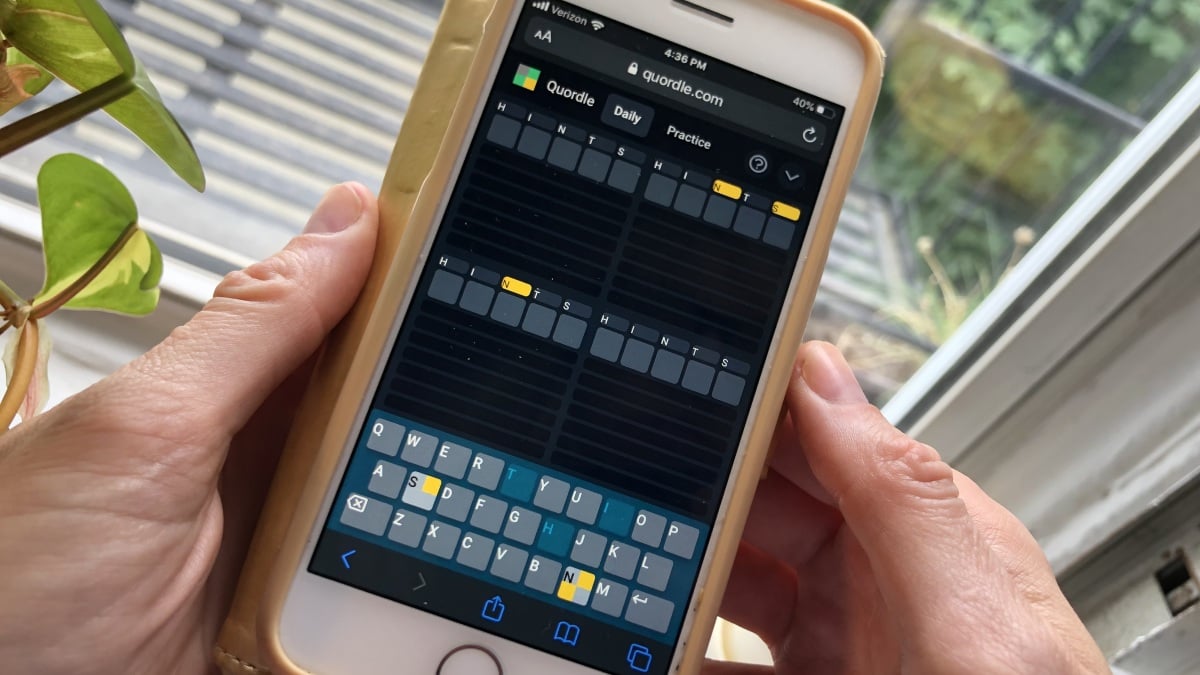If you’re like us, you get a little bit of separation anxiety when you see your dog run off to who knows where. We don’t blame you. Fortunately, there are products on the market designed to keep your pets safe and give you a little more peace of mind: GPS collars.
What are the benefits of GPS pet trackers and collars?
The American Humane Association estimates over 10 million dogs and cats are lost and stolen in the U.S. every year(Opens in a new tab). Equipping pets with ID tags or microchips is one way to ensure your pets’ safe return in case they get lost while on vacation or stray away from home, but you can take your dog’s safety to another level — with wearable tech. Pet wearables, such as GPS collars, are making it possible for pet parents to track their dog’s location (and even monitor their activity) wherever they are.
The best dog puzzles to occupy your pup and keep them mentally stimulated
How do GPS pet trackers work?
More often than not, a GPS chip implanted in the tracker acquires your pet’s position and relays that info back to your smartphone, primarily via cell coverage (in some cases, they can do this via WiFi). Usually, an app is used to display your pet’s location on a map, as well as give access to other included features like activity and sleep stats. Base stations are commonly used to establish a link between the tracker, which is attached to your dog’s collar, and your smartphone via WiFi or Bluetooth. Though, some GPS trackers take a more all-in-one approach and skip the base station part.
What to look for in a GPS pet collar
Some smart collars can do more than simply track your fur baby’s location. If you’re looking for additional features, pick a tracker that monitors activity and sleeping patterns (basically, a Fitbit for pets). Having these stats is invaluable, and adds another layer of connection with your pet that can be used to figure out what they need at a given moment.
Note, however, that a GPS tracker is not a substitute for a microchip implant. Use a GPS collar or tracker in conjunction with a microchip if you can, which stores your pet’s vital info and is still the best way to ensure you’re reunited with them if they get lost. Most pet shelters and veterinary clinics have scanners for microchips.
Here’s a look at some of the best GPS dog collars and trackers you can buy
Whether you’re searching for something simple with long battery life, or something more complex with additional features, there’s a GPS tracker for every pet-and-pet-parent duo out there. Here are the best ones we tested.




